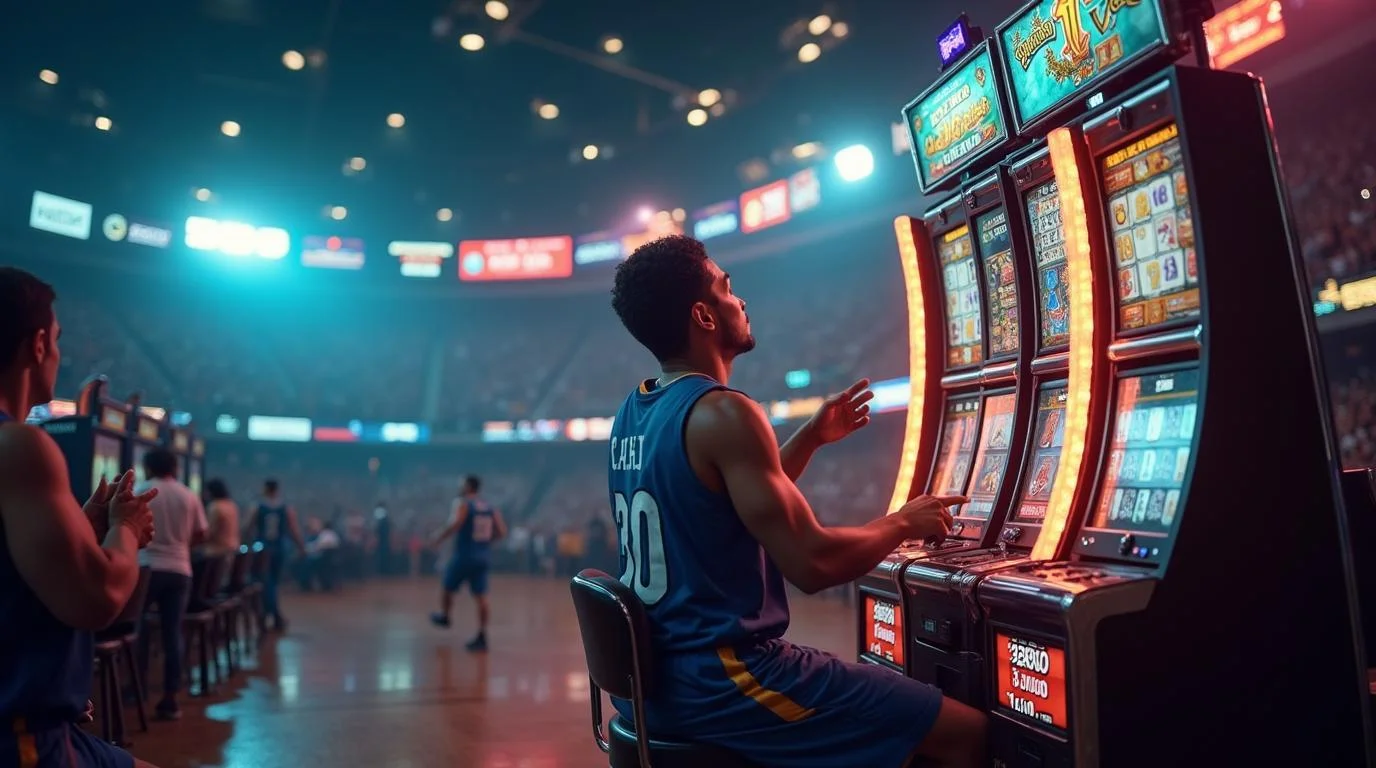Spectrum Gaming Study Reveals Top Problems Plaguing the Gambling Sector in 2025

1.0
Default
Spectrum Gaming, a renowned gaming consultancy, has just released a study on the US gaming sector, and it states that the most pressing issues the US regulated gaming industry will face next year will be the competitive bidding for New York's casino licenses, if Texas will cease prohibiting most forms of gambling, and whether or not more US states will legalize and regulate gambling.
A respected gaming consultancy has identified the top issues likely to shape the US gaming industry in 2025. Among the most significant is New York City's casino licensing process, which Spectrum Gaming considers the most impactful development in the sector.
Spectrum Gaming, a consultancy based in Pennsylvania, has gained a reputation for its in-depth analysis of legalized gambling's economic, regulatory, and policy landscape. The firm, which has provided insights for regulators and lawmakers across 40 states and worked with leading gaming organizations such as Las Vegas Sands, Caesars Entertainment, and MGM Resorts, has released its annual 'US Top 10 Trends to Watch' report since 2005.
The 2025 edition, unveiled on Tuesday, highlights a mix of legislative developments, market expansions, and controversies expected to influence the gaming landscape. Key issues include the bidding process for New York City’s three casino licenses, Texas's ongoing debate over legalizing casinos, and the potential for new states to embrace iGaming.
The battle for New York City
Spectrum's report emphasizes that the outcome of New York City's downstate casino licensing process is pivotal. Long considered a goldmine for the gaming industry, NYC presents a once-in-decades opportunity for commercial casino operators.
Each of the three available licenses requires a $500 million entry fee. Despite the steep cost, the competition remains fierce. Genting and MGM Resorts are strong contenders for two licenses, aiming to upgrade their existing racino operations - Resorts World in Queens and Empire City Casino in Yonkers - into full-scale casinos with Las Vegas-style live table games, slots, and sports betting.
The critical question will be whether the state chooses to transition current racetrack casinos into full-scale operations or award the licenses to new applicants, Spectrum's report noted. With major players such as Caesars, Sands, Hard Rock, Wynn Resorts, and Bally's investing heavily in their bids, the stakes are high. The New York Gaming Facility Location Board is projected to announce its decisions by late 2025.
Texas: a persistent focus
Texas, one of the largest states to prohibit most types of gambling, is another key battleground. Las Vegas Sands, led by Dr. Miriam Adelson, has invested millions in lobbying efforts to overturn Texas's casino ban.
As the Texas biennial legislative session resumes in January, advocates for gambling reform will again push for casino legalization and sports betting. However, opposition remains strong, and Spectrum suggests proponents face an uphill battle. Dr. Adelson's recent acquisition of a controlling stake in the NBA's Dallas Mavericks has further intensified speculation. Mavericks owner Mark Cuban has proposed a new NBA arena in Dallas in conjunction with a resort casino contingent on legislative approval.
The rise of iGaming
iGaming - online casinos offering slots and table games - continues to be a hot topic. Currently legal in just a handful of states, including New Jersey, Pennsylvania, and Michigan, the segment presents both opportunities and challenges. Spectrum's report highlights the dual impact of iGaming's growth. On one hand, its expansion could reduce the influence of unregulated online sweepstakes casinos. On the other, legalizing iGaming in additional states could strain traditional gambling operations while providing a new revenue stream.
States and the mainstream gaming industry will closely monitor this emerging form of gaming to evaluate its potential as either a threat or an opportunity, Spectrum concluded.
Other critical issues
Additional challenges identified by Spectrum include:
- Online sweepstakes casinos: These unregulated platforms face increasing scrutiny from regulators.
- Historical horse racing machines: The spread of slot-like HHR machines in states with pari mutuel wagering laws continues to stir debate.
- Skill gaming terminals: Questions remain about their legality in various jurisdictions.
A transformative year ahead
As the US gaming industry braces for 2025, Spectrum's insights offer a comprehensive roadmap of challenges and opportunities. With regulatory shifts and technological innovations on the horizon, stakeholders will need to navigate an increasingly dynamic and competitive landscape.
























